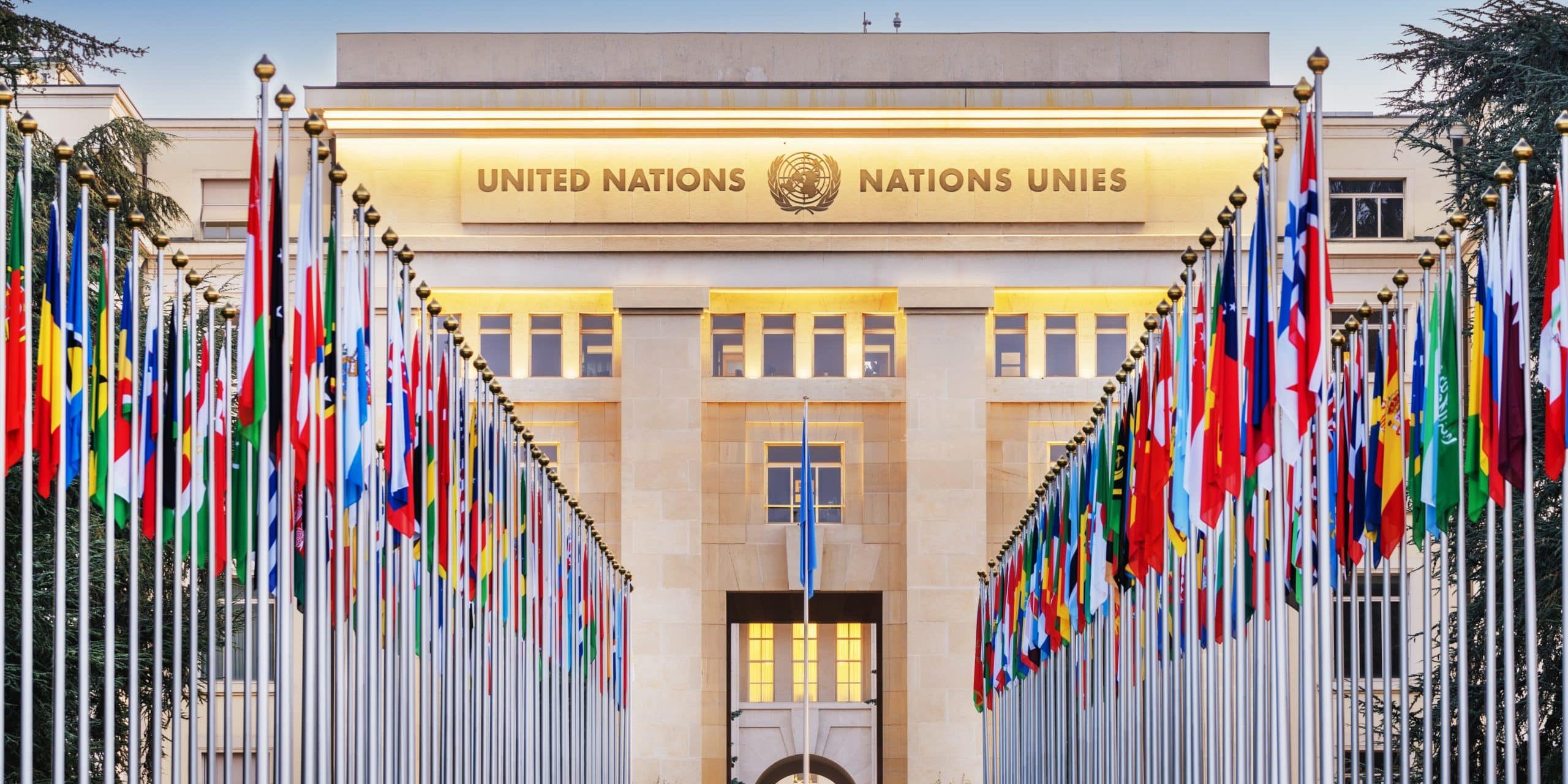By Prof. Marcus Nakagawa, D.Sc. – Coordinator of the Business Sustainability for Leaders program (IBS Americas)
Adopted in 2015 by the United Nations General Assembly, the UN 2030 Agenda established a global pact with 17 Sustainable Development Goals (SDGs) and 169 interconnected targets. It represents a historic milestone seeking to balance economic prosperity, social justice, and environmental protection, embraced by 193 countries as a collective guide until 2030 (UN).
It is truly humanity’s to-do list for solving today’s problems. We live in a global community, where each individual action impacts the collective, just like neighbors in an apartment building, a housing complex, or a neighborhood association. We must think of the SDGs as our shared list of improvements to be made in this global community.
Global progress and challenges in the UN 2030 Agenda
The 2025 SDG Progress Report shows that, despite progress in socio-economic areas such as greater female participation in parliaments, expanded access to electricity, financial inclusion, and internet use, none of the 17 Goals is expected to be fully achieved by 2030. Environmental targets, such as those related to oceans and forests, remain significantly behind schedule (Sustainable Development Report 2025).
The acceleration of climate change, growing social inequality, and the economic impacts of global crises continue to be universal barriers to the implementation of the UN 2030 Agenda (UN SDG Report 2023).
The role of businesses and institutions in the UN 2030 Agenda
The implementation of the SDGs cannot be the sole responsibility of national governments. Companies and universities are central actors in accelerating the transition to a sustainable development model.
- Global companies are already integrating the SDGs into their strategies, aligning supply chains with ethical standards, adopting socio-environmental impact metrics, and investing in responsible innovation. Beyond reducing risks, this alignment opens opportunities in markets that value transparency, diversity, and low environmental impact.
- Academia, in turn, prepares leaders capable of translating the SDGs into management practices and public policies. This requires skills beyond technical knowledge, such as systemic vision, negotiation capacity, and multicultural understanding.
At IBS Americas, the Business Sustainability for Leaders program, held in partnership with the State University of New York, exemplifies this contribution. By bringing together professionals from different countries, it provides executive training that connects theory and practice in business sustainability, expanding the global network of leaders committed to positive impact.
Global examples of impact
The UN Global Compact, which brings together more than 20,000 companies in 160 countries, mobilizes organizations around principles of human rights, the environment, labor standards, and anti-corruption, generating concrete results worldwide (UN Global Compact).
Similarly, initiatives by the United Nations Development Programme (UNDP) support small and medium-sized enterprises in different regions, helping integrate innovation, social impact, and sustainable growth into their business models. These examples show how the UN 2030 Agenda can inspire concrete actions that go beyond public policies (UNDP).
The SDGs should not be seen as a distant manual but as a strategic compass for global leaders. Opportunities exist in all sectors and regions. Each manager must reflect on how to align economic growth with social and environmental impact, transforming global commitments into concrete actions.
A sustainable future will be shaped by the ability of companies, universities, and governments to cross borders and turn the principles of the UN 2030 Agenda into real practices.










